5. Anora (Dir. Sean Baker)
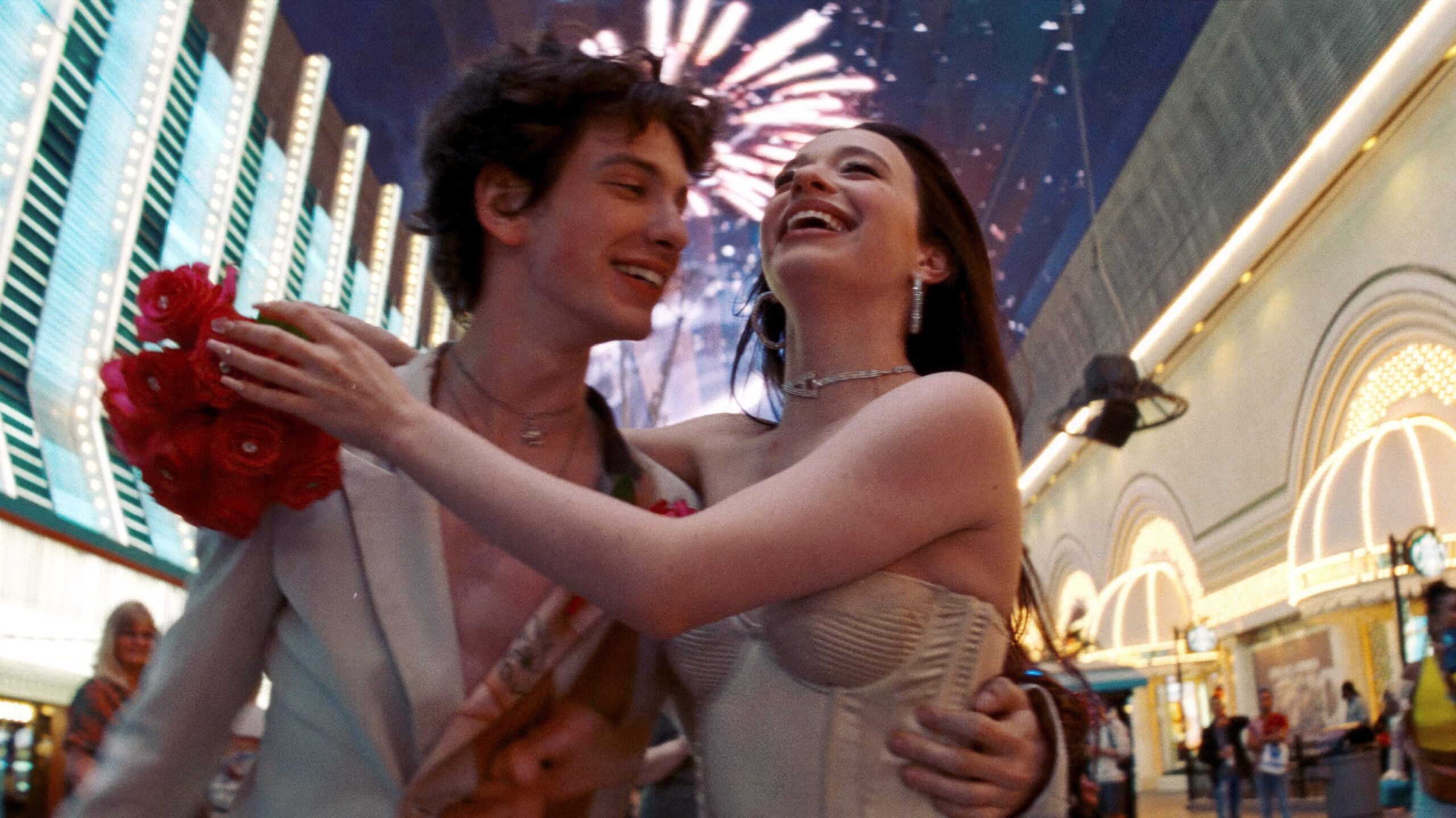
Finally breaking into the mainstream, Anora may well be Sean Baker’s best work to date. A twisted modern-day Cinderella story, it follows a sex worker who elopes with the son of a Russian oligarch. The film captures the romantic-comedy energy of Pretty Woman, but with Baker’s signature edge. As always, he focuses on those society tends to overlook, crafting a sharp critique of class divides that culminates in an unforgettable emotional gut punch.
Baker also assembles a tremendous ensemble cast, largely made up of unknowns, staying true to his trademark style. The titular Anora (played beautifully by Mikey Madison) carries the emotional weight of the story, a young woman navigating a bizarre world of money, crime, and love.
4. Tar (Dir. Todd Field)

Todd Field’s returned to film after 16 years with the flawless TÁR. Born out of the Me Too movement, the film is a character study of the fictitious Lydia Tár, a world-class composer whose past begins to catch up to her and her world slowly collapses. A work that Field has obviously been crafting for years, TÁR is so meticulously designed that it operates like a well-oiled machine, with every scene, sound, and musical note created as a small piece of the larger puzzle . A portrait of the blurred lines between genius and moral compromise. The film’s portrayal of the high-stakes nature of artistic perfection makes TÁR thought-provoking and, at times, haunting.
The one and only Cate Blanchett plays the titular Lydia Tár. Already having a career filled with brilliant performances, TÁR is her at her best. Blanchett brings a raw complexity to Lydia, capturing both her brilliance and her deep flaws with equal precision. The character’s fall from grace is both devastating and mesmerizing, a testament to Blanchett’s ability to embody such a multifaceted role.
3. Mangrove (Dir. Steve McQueen)
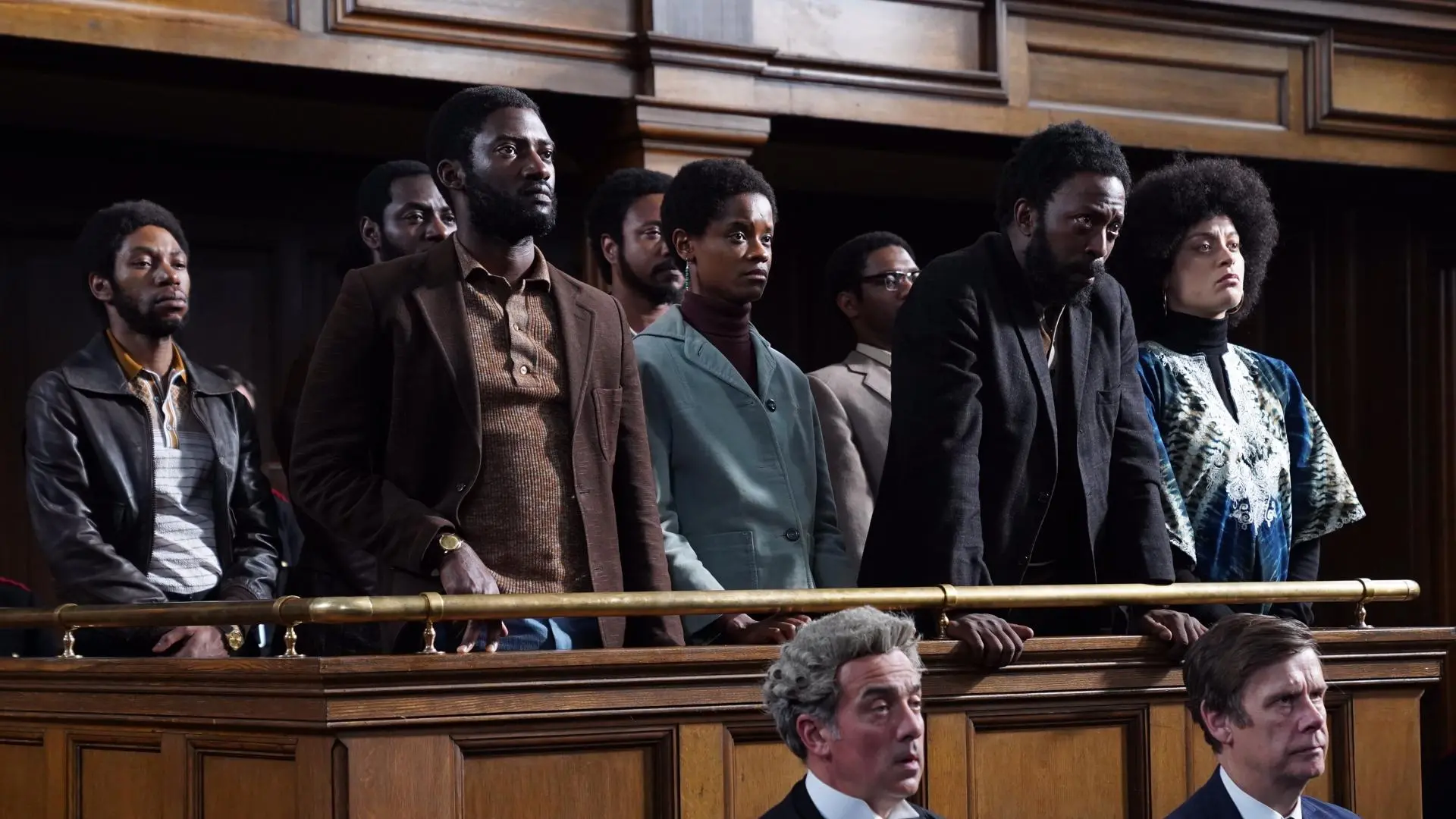
Cheating a little by including Mangrove, which is part of Steve McQueen’s Small Axe miniseries from 2020. However, at 120 minutes and telling a complete three-act story, I believe it counts. It also deserves to be here as it is a masterfully made and powerful work of art.
The film portrays the real-life events surrounding the Mangrove Nine, a group of Black activists who were wrongfully charged with inciting a riot in 1970s London. Fittingly released in 2020 during one of the heights of the Black Lives Matter movement, the film serves as a reminder of the continued fight against structural injustice and police brutality across many societies. Art, at its most powerful, is a call to arms for audiences to recognize the injustices in their own lives. Mangrove accomplishes this by not only depicting police brutality but also celebrating the strength and beauty of community and culture in the face of adversity.
2. Nope (Dir. Jordan Peele)
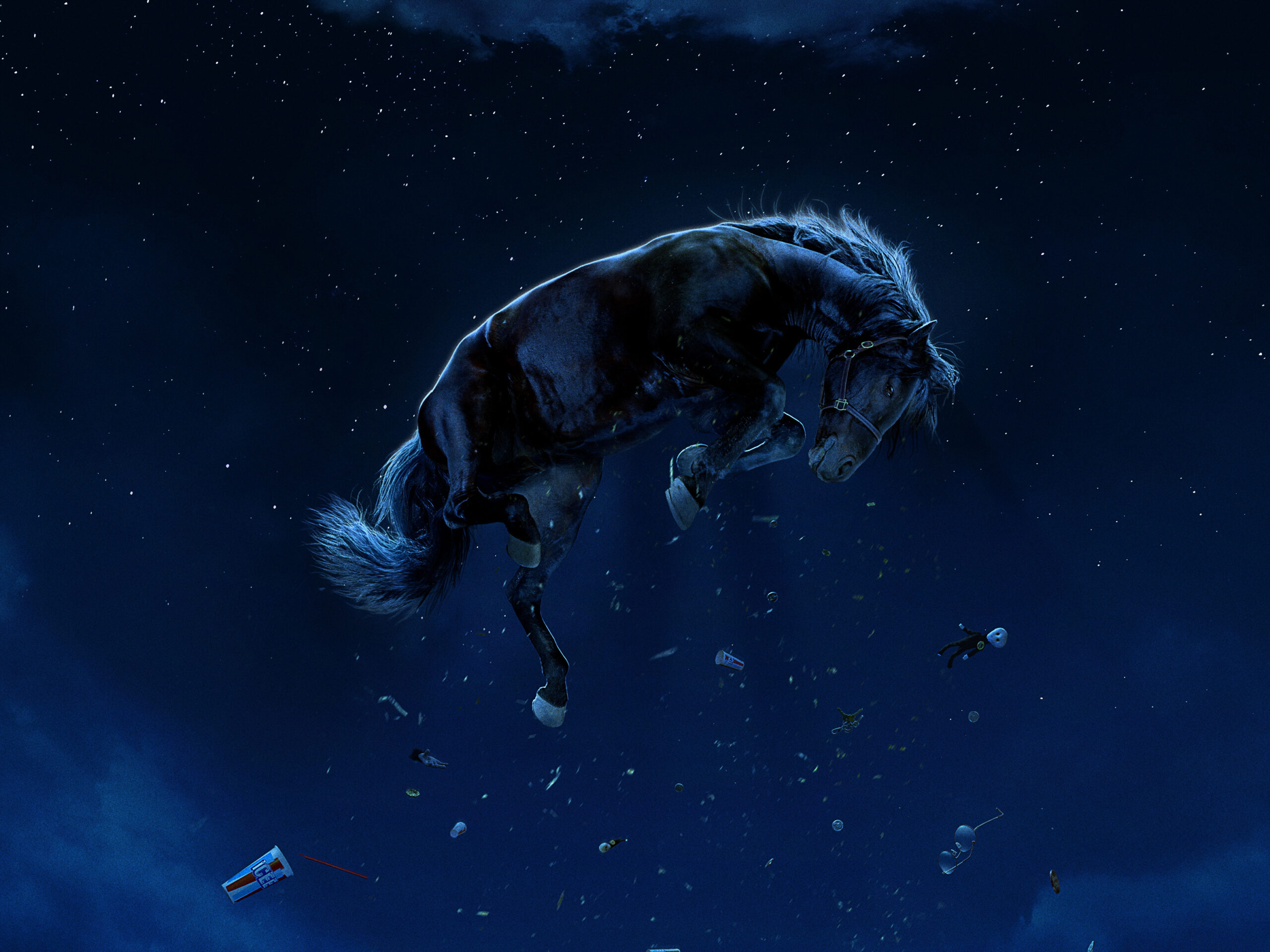
Jordan Peele further cements his place as one of the most exciting filmmakers of his generation with Nope. Set in California’s horse country, the film follows siblings OJ (Daniel Kaluuya) and Emerald Haywood (Keke Palmer) as they try to capture footage of a mysterious UFO that has been hovering over their family ranch. Like his previous works, Peele expertly blends thrilling genre elements with social commentary, creating a gripping mix of horror, exhilaration, and dark humor. But at its core Nope serves as an examination of humanity’s obsession with spectacle and fame. Contemplating our insatiable desire for attention. Nope is Peele proving he’s more than just a genre filmmaker, he’s a storyteller who uses thrilling narratives to explore contemporary issues. With its balance of tension and reflection, Nope feels like a modern blockbuster classic, echoing the likes of Jaws and Close Encounters of the Third Kind.
1. Oppenheimer(Dir. Christopher Nolan)
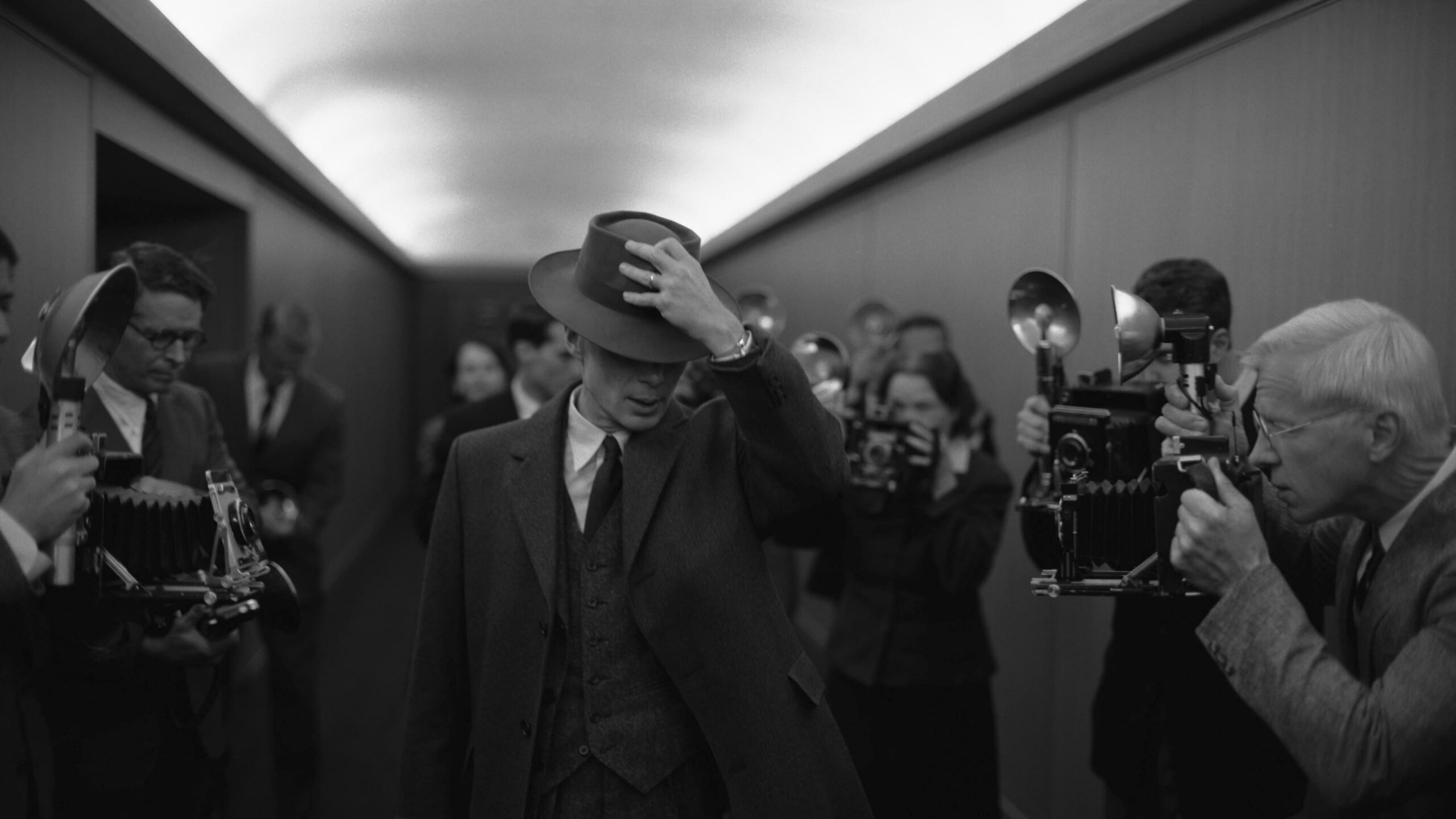
In a way predictable yet undeniably fitting, Christopher Nolan’s biopic of Robert J. Oppenheimer and the creation of the atomic bomb stands as the cinematic achievement of the decade so far. A 3-hour epic, Oppenheimer is a feat of filmmaking that feels like Nolan has been preparing to make throughout his career. Brimming with practical effects at an immense scale, culminated in perhaps the best scene of the decade: the Trinity Test. What truly elevates Oppenheimer to number 1 is how it shows Nolan, like the great filmmakers before him, moving beyond the sandbox of popcorn blockbusters to craft a timely and powerful piece of art that tackles the fear of nuclear annihilation in a way only he can.
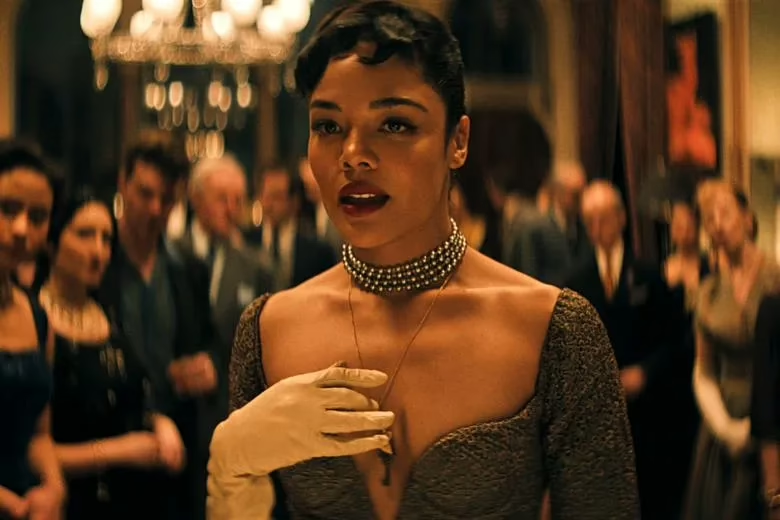


Leave a Reply